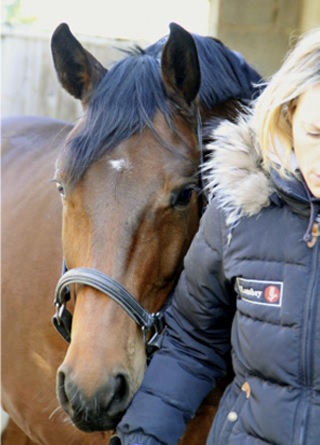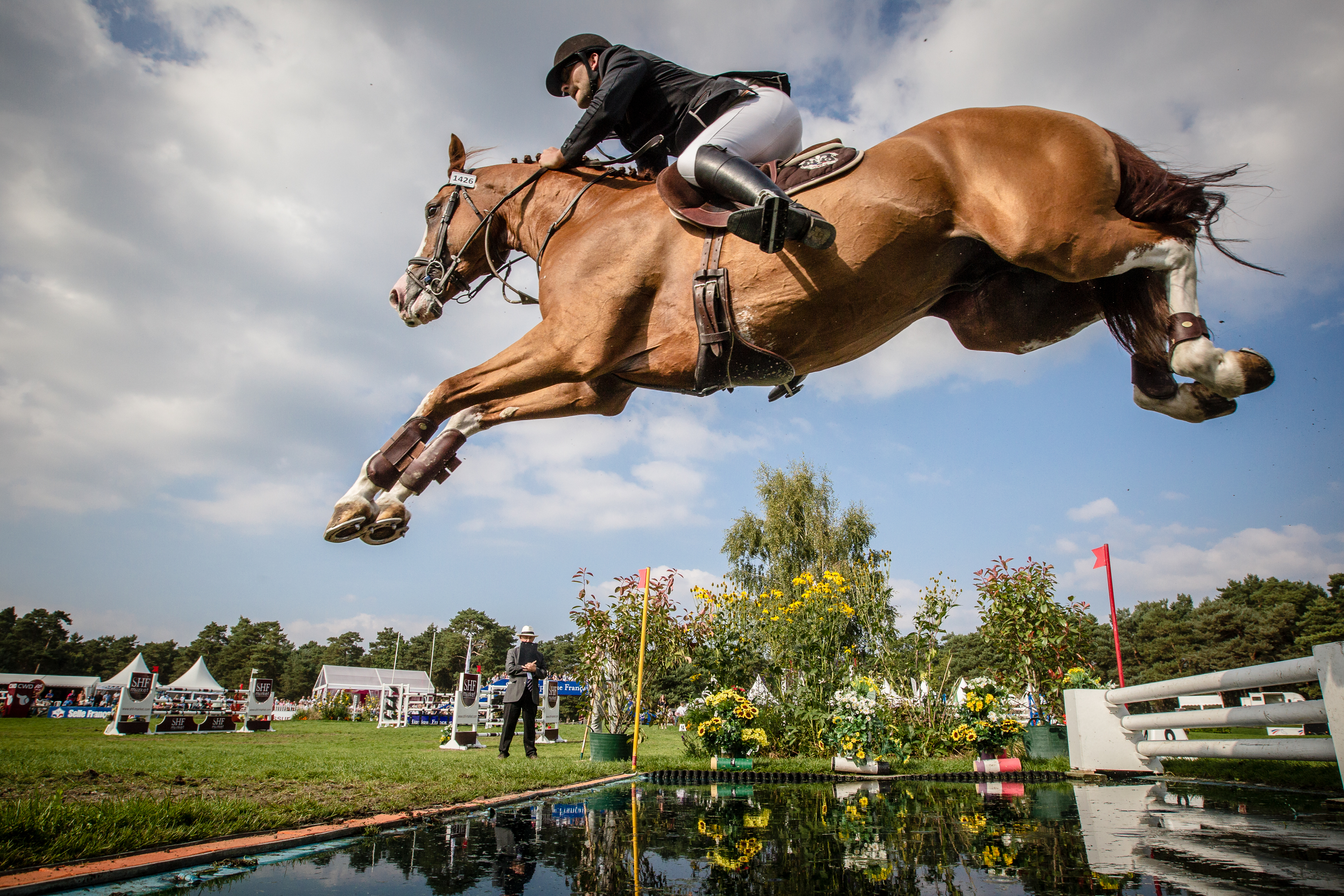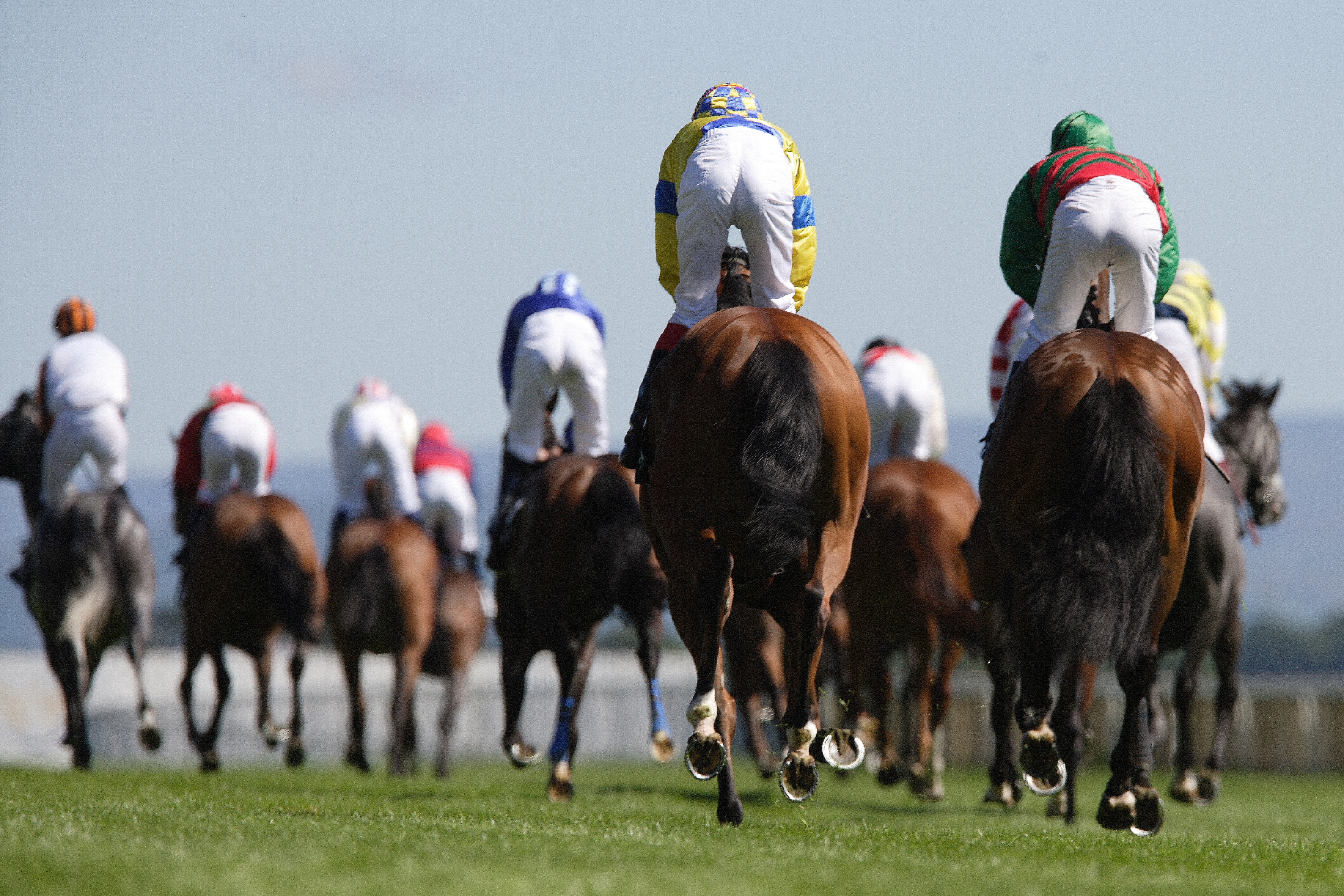No products
Welcome to the Lambey website
Select your country
Welcome to the Lambey website
Select your country
Blog Categories
Latest Posts
« The more antioxidants in the body, the better the horse will be protected from the harmful effects of reactive oxygen species »

The role of the animal sports medicine specialist is to monitor the health of equine athletes, not only during competition season but throughout their career. Suitable physical preparation is essential to achieving optimal and consistent long-term performance.
 |
Proper training can prevent potential injuries. Any health issue will weaken the horse and increase the risk of disruption to training, thereby undermining all the work put in beforehand. Although rider and trainer have a duty to know their horse well, including its strengths and weaknesses, it is not always easy to detect training or health problems early especially if the symptoms are subtle. Each horse copes differently with the same situations: some are tough and able to continue despite feeling unwell, whereas others refuse to work even if the problems are only mild. Regular vet check-ups should include physical examinations both at rest and during activity. As with human athletes, stress tests for measuring heart rate in response to effort help provide an objective assessment of the horse’s fitness and pinpoint any “subclinical” anomaly, i.e. a problem without obvious symptoms but that could affect the animal’s performance. |
In addition to stress tests, blood tests will complete the health check and reveal other subclinical problems (e.g. inflammation, infections, muscle damages). One of the things that blood tests can measure is the concentration of oxidative stress factors, such as pro-oxidants that must be kept under control to avoid damages, and anti-oxidants that neutralise pro-oxidants. Oxidative stress is a factor of numerous equine conditions, such as equine asthma, myopathy, colic, laminitis, motor neurone disease and many others. The higher the oxidative stress, the more the body will feel the effects. On the other hand, the more antioxidants in the body, the better the horse will be protected from the harmful effects of reactive oxygen species.
 |
A study of one of the national teams during preparation for the World Equestrian Games, it was clear that some horses performed more consistently and recovered faster than others. These horses experienced lower oxidative stress and their antioxidant levels remained stable or even increased over the season, compared to other horses with more random performance levels. This variation was not due to differences in training or competition programmes, because the horses all competed at the same level. However, their diets were markedly different. Horses on the Lambey diet had better test results during preparation, indicating that diet could play a key role in the stimulation and provision of antioxidants. That year was decorated with medals! |
We conducted a scientific study in partnership with Lambey in order to validate these very interesting observations in racehorses. The horses were monitored during the most intense and difficult stage of their physical training. We compared two groups of horses, one on a normal diet and the other on an antioxidant-rich Lambey diet. Our findings were the same: over a 12-week period, the horses on the Lambey diet were in better health, performed better and had better antioxidant levels than the horses in the other group. Oxidative stress was significantly higher and clearly a problem for the horses on the standard diet, with nearly half the animals in this group having to be withdrawn from training after 6 weeks due to myositis, injuries or poor recovery.
| This study demonstrated once again that a balanced and antioxidant-rich diet is essential for maintaining good health and performance in sport horses and racehorses during the critical stages of their physical training. Oxidative stress, which can be measured with a simple blood test, should be an integral parameter in the monitoring programme of the equine athletes. These are early indicators of health in animals subjected to sustained stress. They make it possible to ensure that the training regime is tailored to the season’s schedule and that the diet is providing sufficient protection. |  |